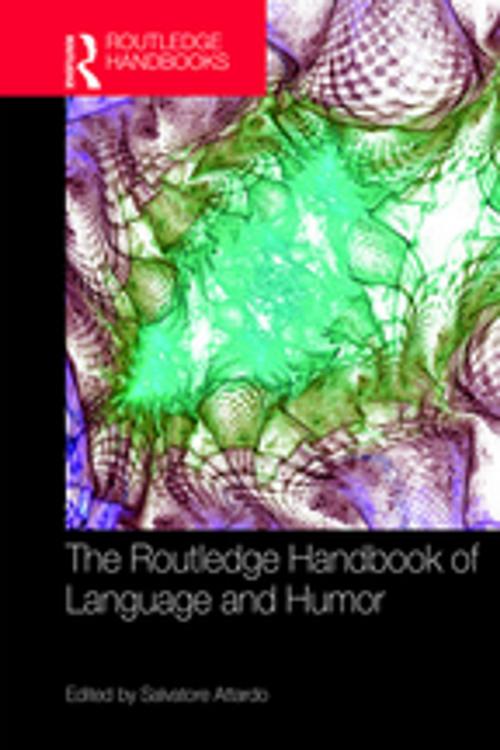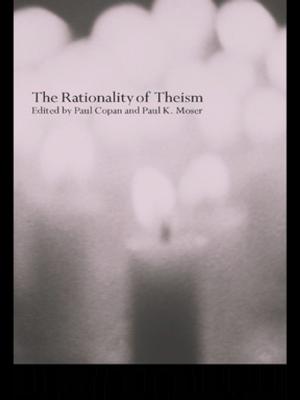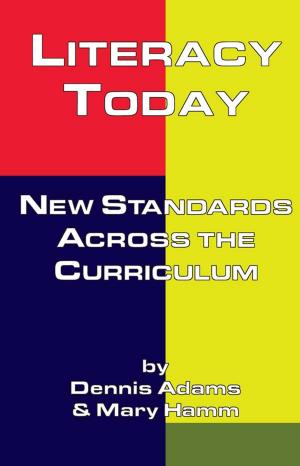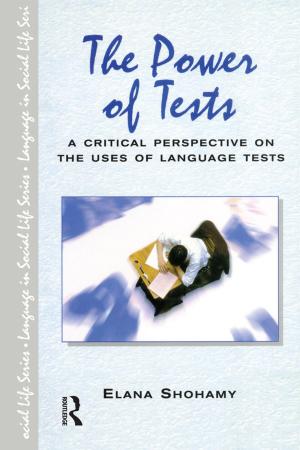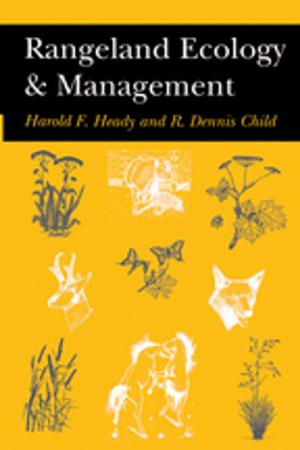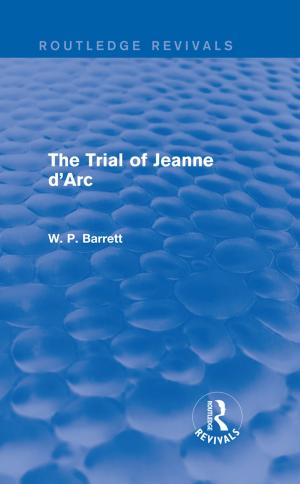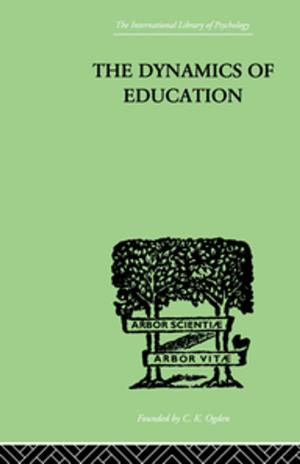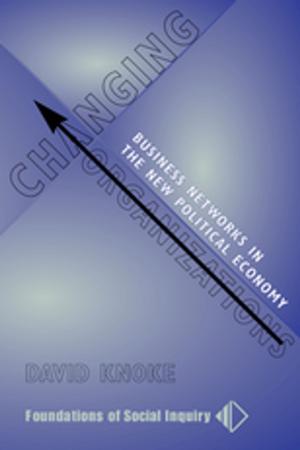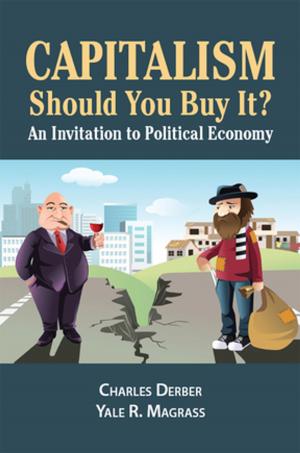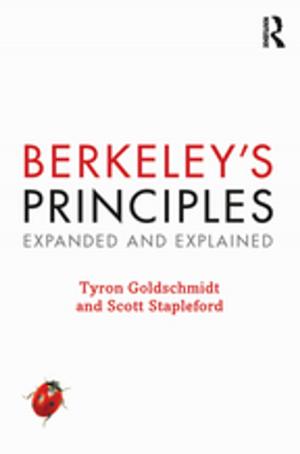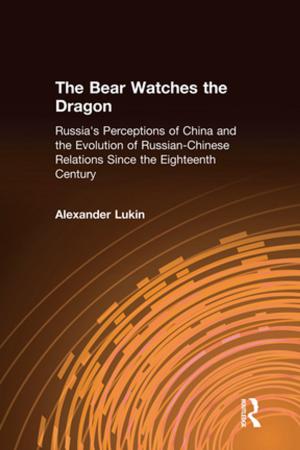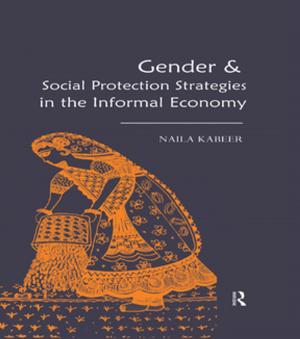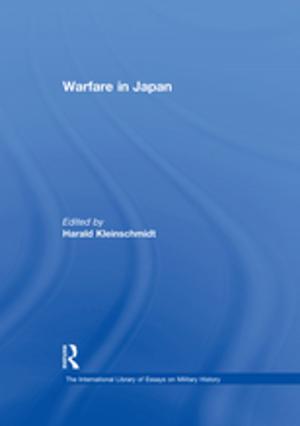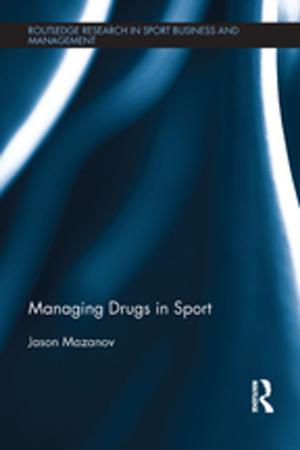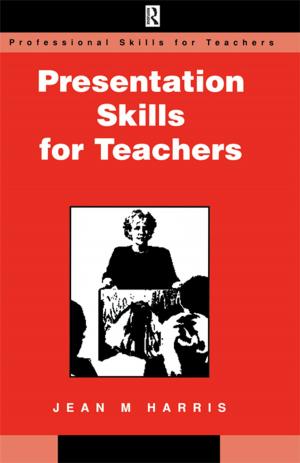The Routledge Handbook of Language and Humor
Nonfiction, Reference & Language, Language Arts, Linguistics| Author: | ISBN: | 9781317551157 | |
| Publisher: | Taylor and Francis | Publication: | February 17, 2017 |
| Imprint: | Routledge | Language: | English |
| Author: | |
| ISBN: | 9781317551157 |
| Publisher: | Taylor and Francis |
| Publication: | February 17, 2017 |
| Imprint: | Routledge |
| Language: | English |
The Routledge Handbook of Language and Humor presents the first ever comprehensive, in-depth treatment of all the sub-fields of the linguistics of humor, broadly conceived as the intersection of the study of language and humor. The reader will find a thorough historical, terminological, and theoretical introduction to the field, as well as detailed treatments of the various approaches to language and humor. Deliberately comprehensive and wide-ranging, the handbook includes chapter-long treatments on the traditional topics covered by language and humor (e.g., teasing, laughter, irony, psycholinguistics, discourse analysis, the major linguistic theories of humor, translation) but also cutting-edge treatments of internet humor, cognitive linguistics, relevance theoretic, and corpus-assisted models of language and humor. Some chapters, such as the variationist sociolinguistcs, stylistics, and politeness are the first-ever syntheses of that particular subfield. Clusters of related chapters, such as conversation analysis, discourse analysis and corpus-assisted analysis allow multiple perspectives on complex trans-disciplinary phenomena. This handbook is an indispensable reference work for all researchers interested in the interplay of language and humor, within linguistics, broadly conceived, but also in neighboring disciplines such as literary studies, psychology, sociology, anthropology, etc. The authors are among the most distinguished scholars in their fields.
The Routledge Handbook of Language and Humor presents the first ever comprehensive, in-depth treatment of all the sub-fields of the linguistics of humor, broadly conceived as the intersection of the study of language and humor. The reader will find a thorough historical, terminological, and theoretical introduction to the field, as well as detailed treatments of the various approaches to language and humor. Deliberately comprehensive and wide-ranging, the handbook includes chapter-long treatments on the traditional topics covered by language and humor (e.g., teasing, laughter, irony, psycholinguistics, discourse analysis, the major linguistic theories of humor, translation) but also cutting-edge treatments of internet humor, cognitive linguistics, relevance theoretic, and corpus-assisted models of language and humor. Some chapters, such as the variationist sociolinguistcs, stylistics, and politeness are the first-ever syntheses of that particular subfield. Clusters of related chapters, such as conversation analysis, discourse analysis and corpus-assisted analysis allow multiple perspectives on complex trans-disciplinary phenomena. This handbook is an indispensable reference work for all researchers interested in the interplay of language and humor, within linguistics, broadly conceived, but also in neighboring disciplines such as literary studies, psychology, sociology, anthropology, etc. The authors are among the most distinguished scholars in their fields.
